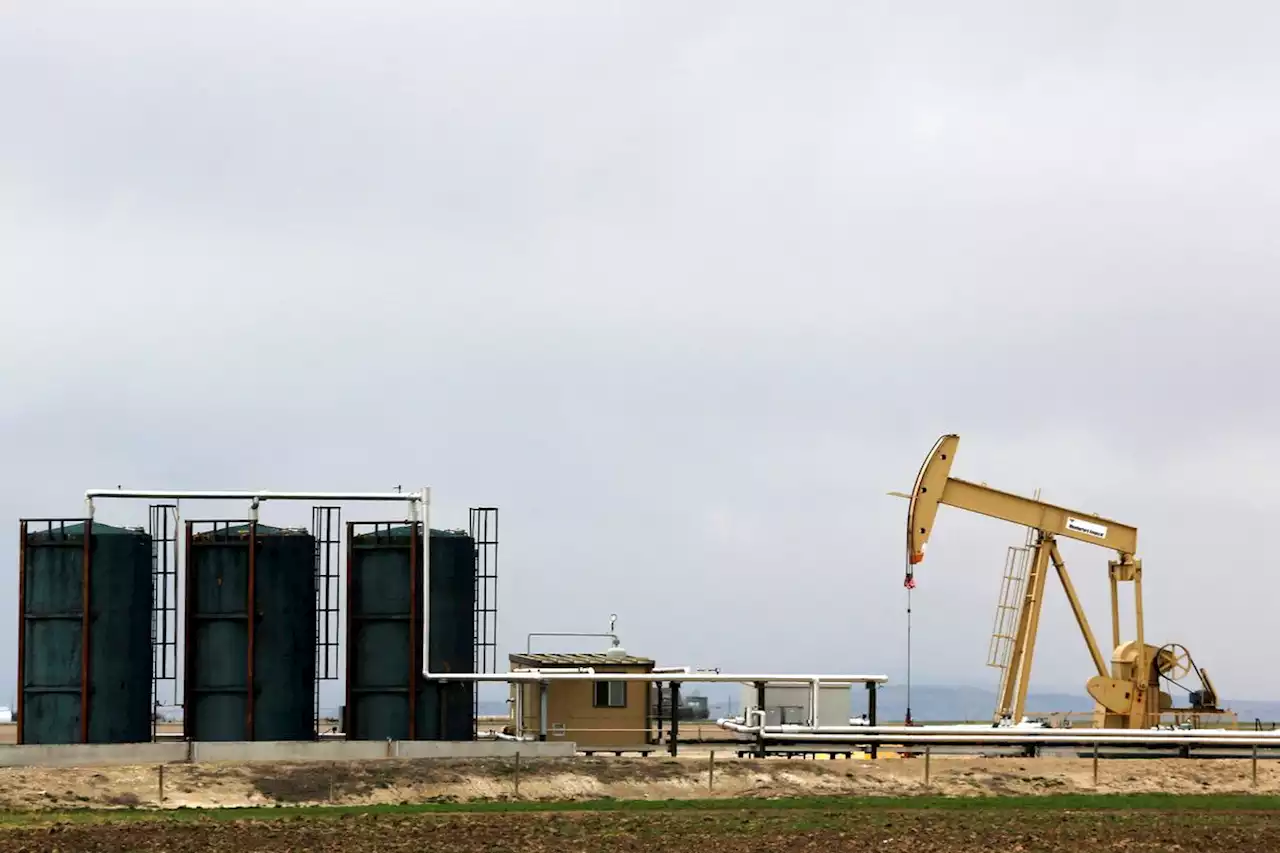Many Albertans expect Pierre Poilievre to win the federal Conservative leadership on the first ballot. Read more.
The economic and political winds are shifting in Alberta. The many people I spoke to recognize the challenges ahead, whether inflation, labour shortages or energy transition. But Albertans don’t look to governments to provide handouts to shelter them from change. They rely on their own initiatives to improve their livelihood. They want governments to facilitate change but not impede it, even if that means getting out of the way with deregulation, program spending cuts or tax reforms.
Many people I talked to are very positive about Alberta’s long-run prospects. Entrepreneurs are diversifying into new sectors, whether clean energy, manufacturing, agriculture, finance, mining or venture capital. Though profitability remains strong in oil and gas that’s not translating into new investments, except to improve operational efficiency. Enbridge, for example, can expand its pipeline capacity to the U.S. by 350,000 barrels per day without building a new pipeline.
Along with many other Canadians, Albertans recognize that energy is the most important contribution Canada can make to the Western alliance. Yet we have no LNG plants operating today and only one will be completed this decade. The U.S., which imports our natural gas, has eight exporting terminals with three more under construction. In sum, not only do we have little defence capacity, but we can’t meaningfully expand our energy production to help Europe.
Why aren’t investments in both traditional and new energy taking off? The resounding answer I heard comes down to federal obstruction. Canada is rushing into an energy transition by 2035 with no feasible replacement for our large-scale use of fossil fuels. This will eventually lead to high energy prices and shortages, which will cripple our competitiveness. The federal regulatory system, with its elaborate processes and woke requirements, means applications are costly and time-wasting.
This frustration with “Broke Canada” and unfair federal treatment of Alberta is carrying over to provincial politics. Interest in a fairer deal or maybe even separation has not abated. Danielle Smith, one of four leading candidates for the leadership of the governing UCP, has connected with many frustrated members with her proposed “Sovereignty Act,” based on the “” of Rob Anderson, Barry Cooper and Derek From.
South Africa Latest News, South Africa Headlines
Similar News:You can also read news stories similar to this one that we have collected from other news sources.
 By The Numbers: Ricky Simon vs. Jack ShoreThe surging bantamweights will square off in a featured UFC on ABC 3 prelim this Saturday in Elmont, New York.
By The Numbers: Ricky Simon vs. Jack ShoreThe surging bantamweights will square off in a featured UFC on ABC 3 prelim this Saturday in Elmont, New York.
Read more »
 Household incomes in Alberta still among highest in Canada, despite hit from low oil pricesData released Wednesday by Statistics Canada shows Calgary households lead the country in highest after-tax income despite a $5,000 decline since the last census
Household incomes in Alberta still among highest in Canada, despite hit from low oil pricesData released Wednesday by Statistics Canada shows Calgary households lead the country in highest after-tax income despite a $5,000 decline since the last census
Read more »
 Household income declines in Alberta due to oil, but still among highest in CanadaREGINA — Anca Dan built a successful career working administrative jobs in the oil and gas industry for more than two decades, but in recent years she has…
Household income declines in Alberta due to oil, but still among highest in CanadaREGINA — Anca Dan built a successful career working administrative jobs in the oil and gas industry for more than two decades, but in recent years she has…
Read more »
 What the spectre of Alberta separatism means for Canada | National NewswatchNational Newswatch: Canada's most comprehensive site for political news and views. Make it a daily habit.
What the spectre of Alberta separatism means for Canada | National NewswatchNational Newswatch: Canada's most comprehensive site for political news and views. Make it a daily habit.
Read more »
 Bank of Canada blames oil price shifts for inflation forecasting errorsSome economists have said the bank misread the trajectory of inflation because it did not pay close enough attention to the amount of money in circulation
Bank of Canada blames oil price shifts for inflation forecasting errorsSome economists have said the bank misread the trajectory of inflation because it did not pay close enough attention to the amount of money in circulation
Read more »
 Feds approve nine Living Labs to involve ag producers in reducing greenhouse gases | Globalnews.ca'Across Canada, farmers are on the front lines of climate change and Alberta is no exception,' Bibeau said Thursday at a news conference in Calgary.
Feds approve nine Living Labs to involve ag producers in reducing greenhouse gases | Globalnews.ca'Across Canada, farmers are on the front lines of climate change and Alberta is no exception,' Bibeau said Thursday at a news conference in Calgary.
Read more »
